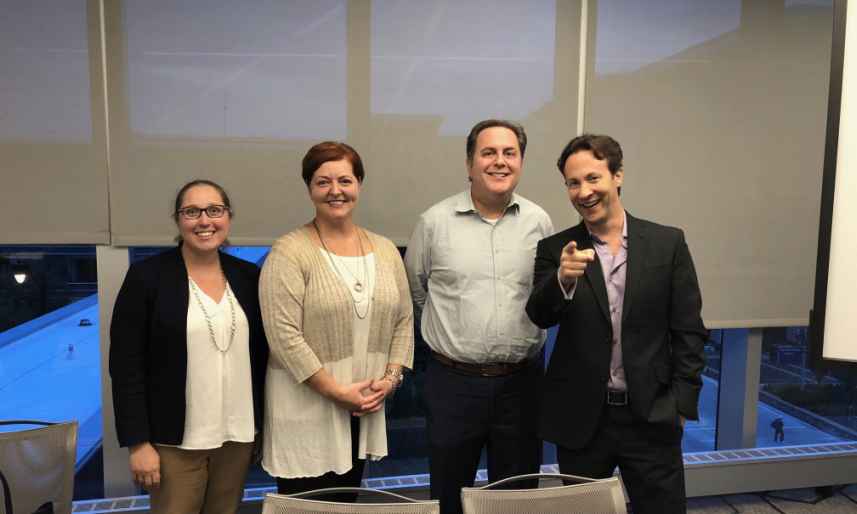BrainCheck raises $8M Series A funding to empower physicians and improve dementia patient outcomes

BrainCheck, a Houston, Texas-based tech startup and cognitive healthcare platform built for physicians, has secured $8 million Series A funding round to grow its footprint among physician groups and continue to expand into enterprise healthcare market. The round was co-led by S3 Ventures and Tensility Venture Partners, with participation from additional investors including True Wealth Ventures and Nueterra Capital.
The fund, which brings the cumulative amount of funding raised to date to $11 million, will be deployed toward marketing and business development initiatives targeted at expanding BrainCheck’s utilization amongst physician groups as well as into the enterprise healthcare market.
Founded in 2015 by neuroscientists and technologists Dr. David Eagleman (Baylor College of Medicine / Stanford) and Dr. Yael Katz, BrainCheck helps lessen the human and economic toll of cognitive impairment and dementia through its interactive cognitive assessment and care management technology. BrainCheck is used in over 200 clinical practices and by 100,000 people around the world to detect cognitive changes early and enable patients, caregivers, and clinicians to work together to implement personalized recommendations to preserve brain health and functional independence. BrainCheck enables physicians to get paid for cognitive care management (via Medicare reimbursement) and simultaneously reduces healthcare costs by keeping patients healthy, safe, and out of the hospital.
BrainCheck will also utilize the new injection of venture capital toward research and development by personalizing its algorithm for an improved overall patient experience. The company is on a mission to bridge the growing accessibility gap between the 50 million seniors in the United States versus only 12,000 neurologists.
BrainCheck is transforming cognitive healthcare by replacing outdated pencil-and-paper brain health tests with research-backed digital solutions that are faster and more efficient. This allows organizations to track patients over time, reduces testing bias and improves outcomes. BrainCheck includes artificial intelligence functionality to compare data sets, improving accuracy and empowering primary care physicians to confidently make diagnoses and create personalized treatment plans.
“Cognitive healthcare should be an end-to-end solution where problems can be assessed early, and results shared between patients and physicians,” said Dr. Yael Katz, co-founder and CEO of BrainCheck. “By analyzing multiple forms of data, BrainCheck helps physicians create and fine-tune personalized interventions. This not only improves outcomes for current patients, but is invaluable to developing management and treatment strategies for future generations.”
BrainCheck is a digital platform that uses simple tests administered from an iPhone, iPad or desktop computer to interpret a patient’s current level of cognitive function and create a personalized treatment plan. Unlike older cognitive tests that are onerous to conduct, BrainCheck enables doctors to test, diagnose and create a personalized treatment plan for patients rapidly and reliably. The platform also utilizes AI to compare each patient’s test results with a multi-modal data set, where traditional computerized tests analyze only the individual’s responses.
“To date, more than 100,000 individuals are using BrainCheck to monitor their cognitive health, and this is only the beginning,” said David Eagleman, co-founder and chief science officer of BrainCheck. “We’re providing a platform for patients, caregivers, and physicians to work together to manage one of the biggest public health crises of our time.”

